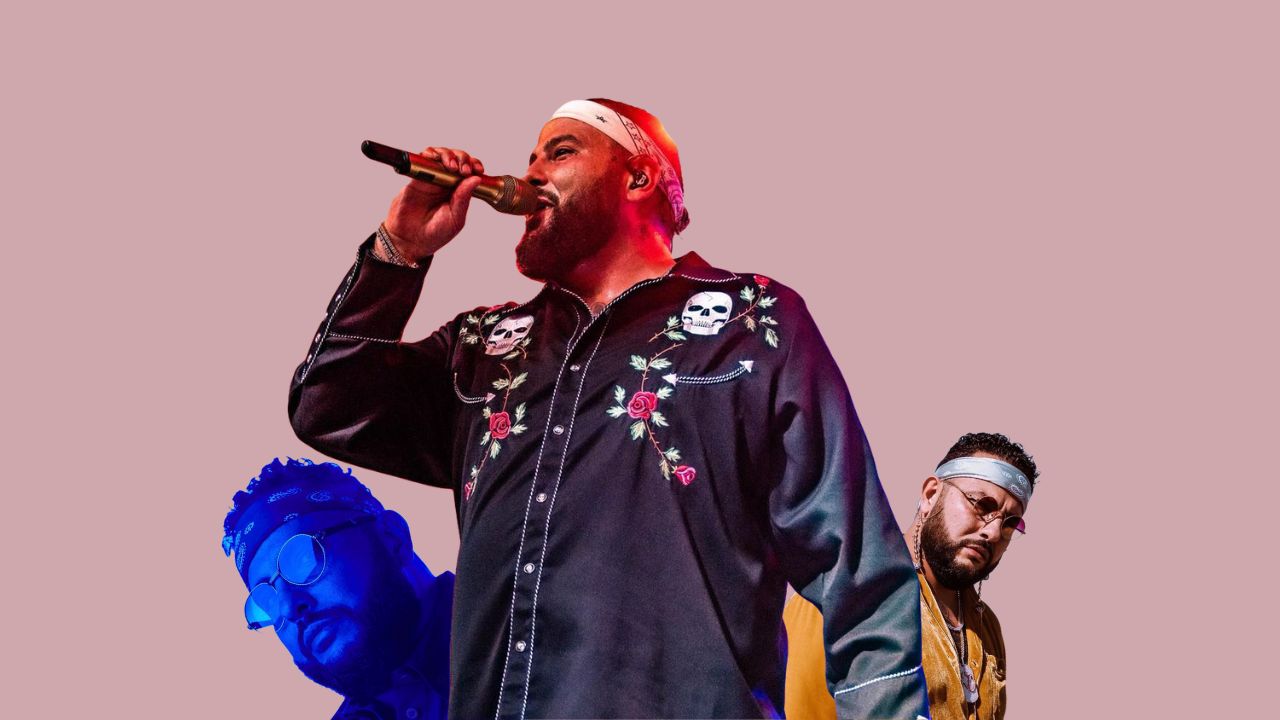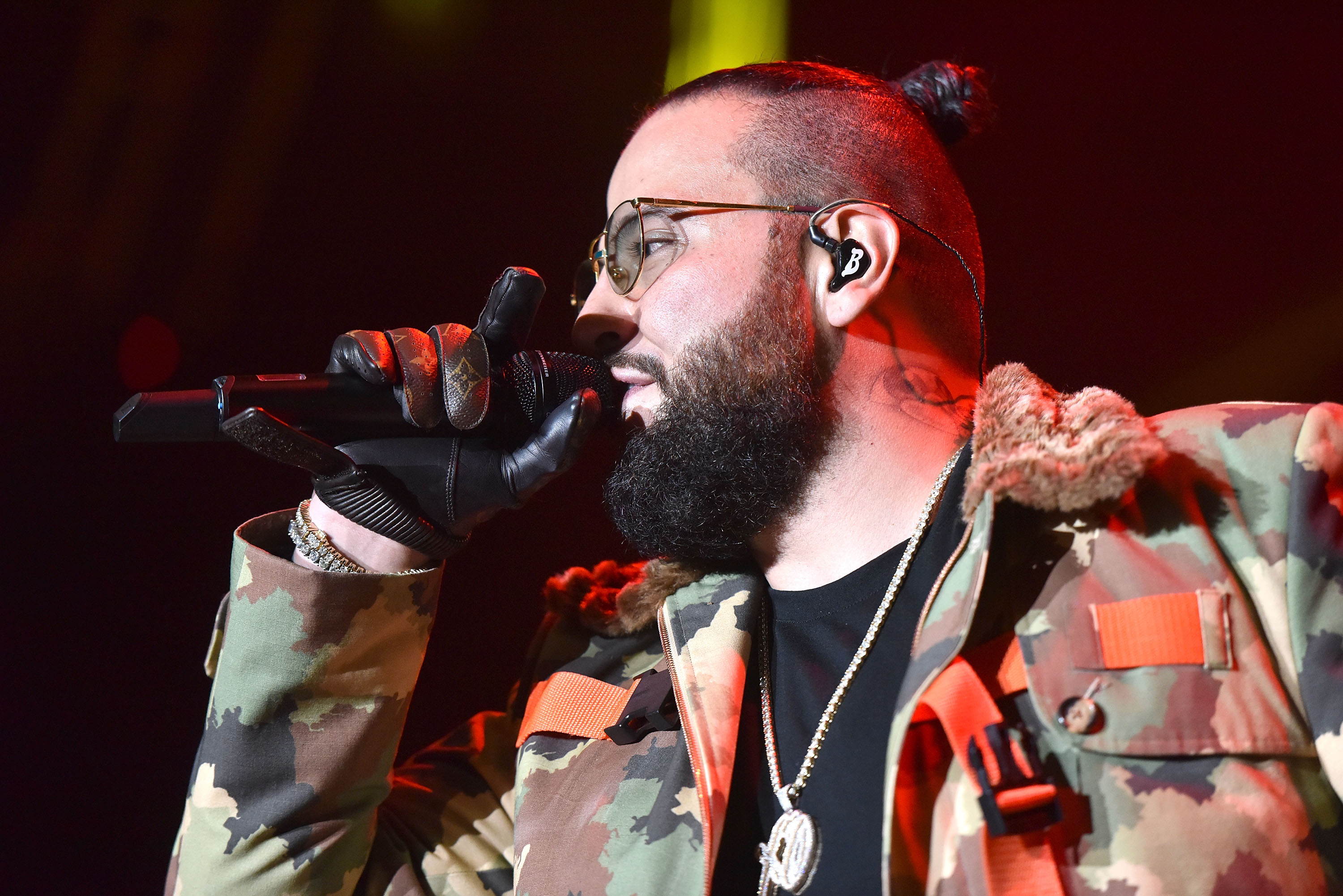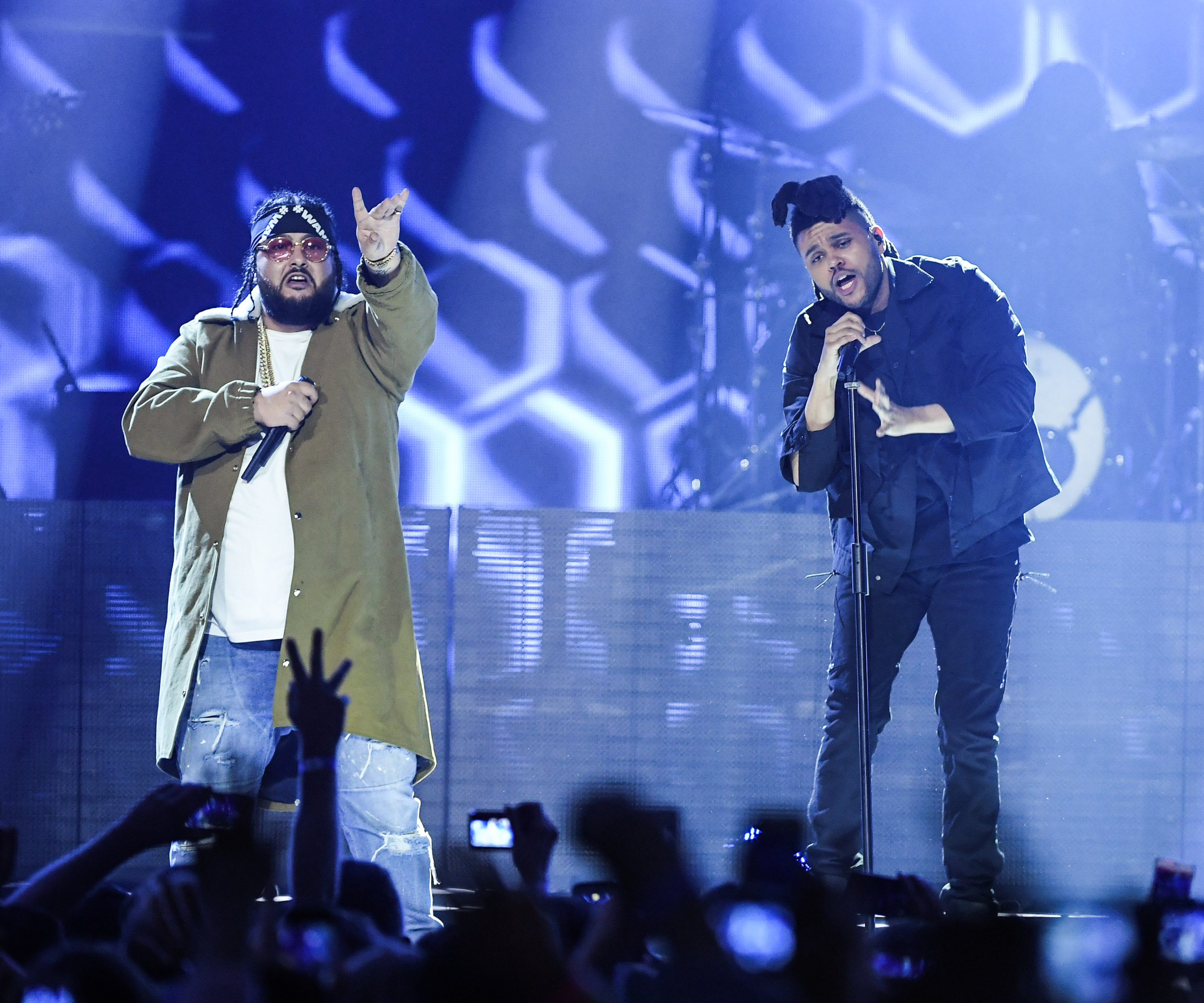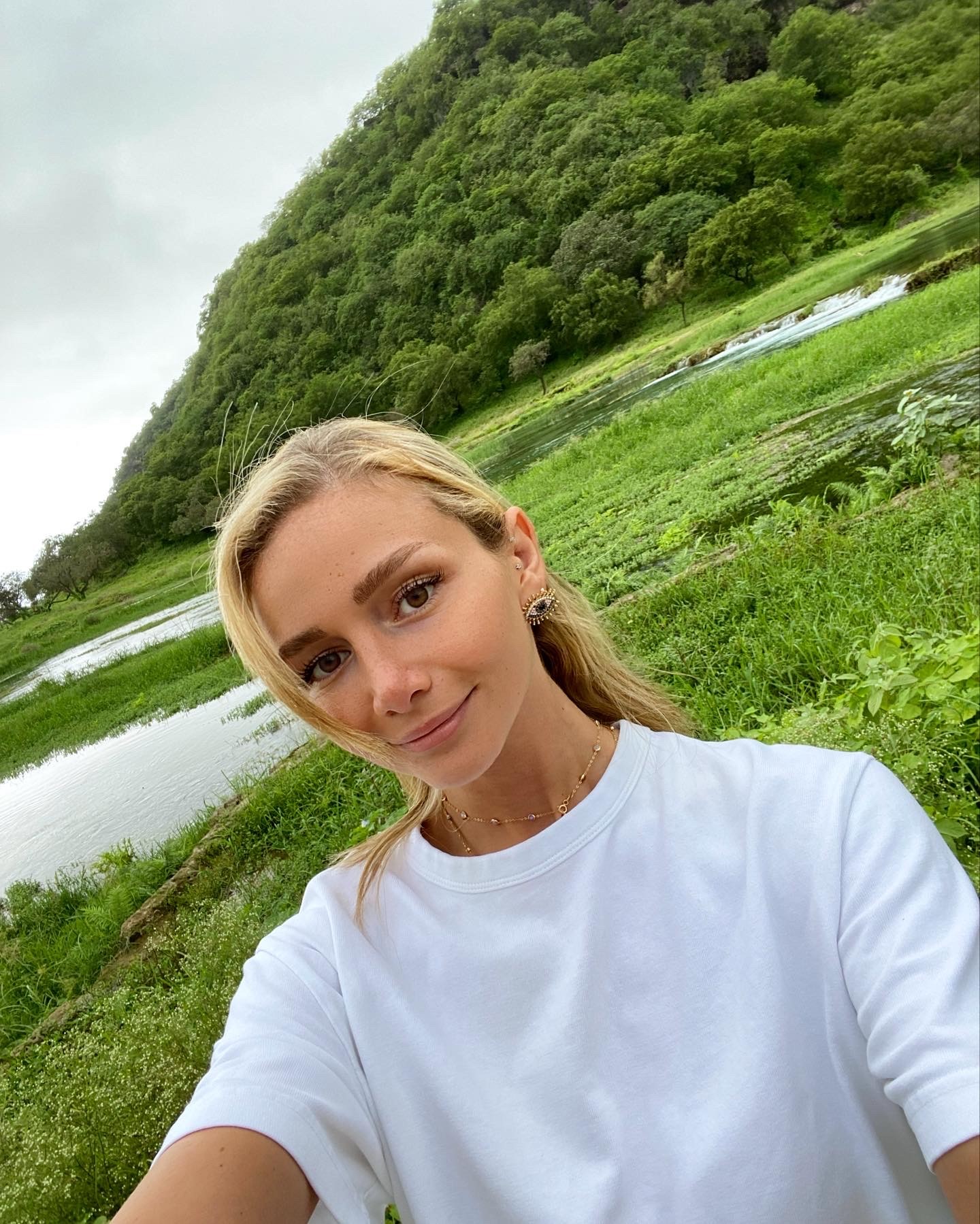
For GRAZIA’s ninth and final episode on season two of Preserving Palestine, I invited Belly to join me as we discuss his transition from living across the Middle East to eventually settling in the United States, how he discovered his talent and love for hip hop and how he became a living, breathing representation of the ‘Arabian dream.’
Click here to listen on Spotify.
Click here to listen on Apple Podcasts.
The world has been romanticising and idolising the idea of an American Dream for decades, whether in the movies we watch or novels we read. But what is the equivalent of that dream for the half a billion Arabs living in a world that is constantly adulating the West? Belly, who was born as Ahmad Balshe in Jenin, is the embodiment of that dream. Afterall, he says it himself in his latest song from his upcoming alnum Mumble Rap 2, American Nightmare.

The artist first discovered his unparalleled talent for songwriting through writing poetry. When I asked who he would dedicate his poems to, he humorously responded “I don’t know, probably some girl that was breaking my heart when I was in the third grade or something.” He continued to share, “even as a young child, I was in touch with the way I felt about certain things and with my emotions, I was always somebody that was opinionated, even from a young age, so I think hip hop was great for me.”
After moving to Ottawa, Belly decided to turn his dream into his reality and released his debut mixtape ‘Death Before Dishonour: Vol. 1.’ After releasing several more projects, he took a hiatus from making music for some time. When asked why he took a break, Belly admitted, “music got to a point for me where it just didn’t have that that fun factor. More like, it just got to a point where I never wanted it to feel like work, and it did. It started to feel like something that I was dragging myself in the studio to do… It was a good time for me to just reflect on everything I wanted to learn about myself and about what I wanted to do in the future, and then actually come back with a game plan.”
“I wanted to learn about myself and about what I wanted to do in the future, and then actually come back with a game plan.”

And that game plan has proven to be nothing short of a success story ever since. Eventually, Belly got signed by major record labels XO and Roc Nation and has collaborated with some of the industry’s biggest artists, like The Weeknd and Beyoncé. In 2018, he released his album Immigrant, where he unapologetically prides himself as an Arab immigrant. In the song with the same name, he sings, “there’s nothin’ more priceless than bein’ free/ immigrant, that’s why they hate me just for bein’ me/ we ain’t wanna leave overseas, we were under siege.”
This wasn’t the first or the last time that the artist spoke about his background and took pride in it. Take his song History of Violence, which he told me he wrote because “every Palestinian, every Arab or anybody from any oppressed nation, feels how I feel and sometimes needs an outlet or some kind of platform to just let that out.” Granted, the video got banned from the United States for a long time, which only proves the constant censorship that artists like Belly face. Another example would be in 2018, when he went on New York radio station Hot 97 to talk about the oppression and censorship of Palestinians.
“Every Palestinian, every Arab or anybody from any oppressed nation, feels how I feel and sometimes needs an outlet or some kind of platform to just let that out.”
As a Palestinian myself, to see someone who represents my identity be unequivocally brave and risk his entire career, is gratifying yet can admittedly sometimes be baffling. Perhaps it is part of our toxic mentality to assume that we as Palestinians aren’t worth someone like Belly, Bella Hadid or the thousands of remarkably successful celebrities to risk their entire careers for. So when I asked Belly why he never took the easy route and censored his words like most people would prefer and pressure him to, he responded, “I don’t think anything that I’ve achieved has been easy. So I don’t think taking the easy route has ever been an option for me… I think I’ll never be the one to be quiet. I’d rather be censored, I’ll figure it out. There’s other ways to do it. Other ways to get it. So, I’ll always figure it out.”
“I think I’ll never be the one to be quiet. I’d rather be censored, I’ll figure it out. There’s other ways to do it.”
Possibly the amusingly-weirdest moment of my conversation with Belly, was hearing him speak in the mother tongue we both share and name the traditions and foods we’ve both grown up with. Realising that apart from performing at sold out shows and being a multi-award winning artist, Belly and I, as well as millions of other Palestinians around the world, have more in common than I ever could have imagined. My favourite part of our conversation was when he spoke to me in Arabic.
. لإلي من أول يوم هذا الشيء خليتو قريب علي”
.أول شيء وطني و ثاني شيء اللغة
“.الواحد بدو يعرف من وين أجا“Personally, since the beginning I’ve kept this close to me.
Firstly, it’s my country and secondly it’s my language.
A person needs to know where they came from”
What an honour and a delight to see someone like Belly realising, embodying and representing the ‘Arabian dream.’









